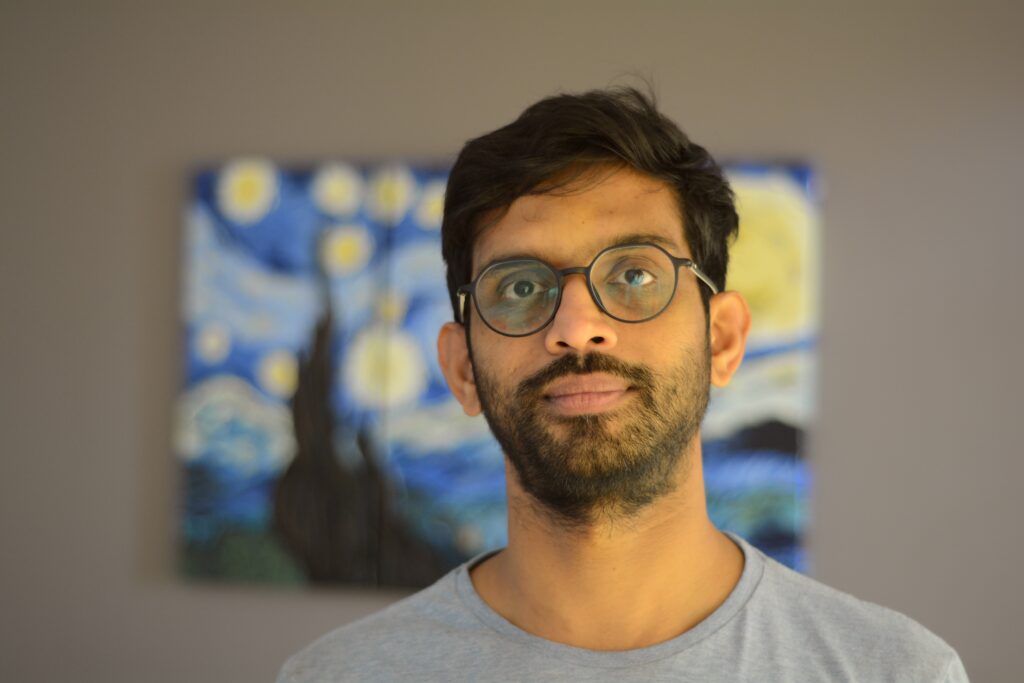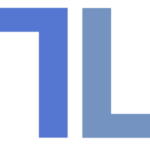Charting New Territories in Digital Trust

In this insightful interview, Prof. Chethan Kamath talks about his academic and professional journey leading to his current position as the first freshly recruited core faculty member at Trust Lab.
Prior to joining Trust Lab at the Computer Science and Engineering Department, IIT Bombay in February 2024, Dr. Chethan Kamath was a post-doctoral fellow at Tel Aviv University, hosted by Nir Bitansky and Omer Paneth. He did his PhD at IST Austria, under the supervision of Krzysztof Pietrzak. His primary area of research is cryptography, but his interests extend beyond, to computational complexity theory and theoretical computer science.
Can you share a bit about your academic and professional journey that led you to your current position at Tel Aviv University?
I completed my bachelor’s from University of Kerala. After working briefly with TCS, I went on to do a master’s in computer science at IISc, Bangalore, guided by Sanjit Chatterjee. Thereafter, I moved to Vienna to pursue my PhD in cryptography from IST Austria, where I was supervised by Krzysztof Pietrzak. After completing the PhD, I did two short postdocs, first with Daniel Wichs at Northeastern University and then with Pavel Hubáček at Charles University.
What sparked your interest in cryptography and theoretical computer science?
As made-up as it may sound, I was fascinated by foreign alphabets at an early age. Perhaps my interest in cryptography is rooted in this. Although cryptography was not offered in my bachelor’s, it was a subject I learned on the side. Finally, I got a chance to learn the subject formally during my master’s, and my fascination only grew. Since cryptography borrows a lot of concepts from theoretical computer science (TCS), I ended up developing a taste for TCS too.
Could you provide a brief overview of your primary areas of research, especially within cryptography?
Broadly speaking, I am interested in foundations of cryptography, which concerns building cryptographic objects (e.g., encryption) from minimal assumptions (e.g., pseudo-randomness). The cryptographic object that I have been recently working on is proof systems, in which one party tries to convince another untrustful, resource-constrained party about certain facts (example below).
Are there any specific challenges or problems in cryptography that you’re currently focused on in your work?
One of the problems that I have recently been working on is constructing batch proofs. Imagine the following scenario: you have solved all puzzles in Big Book of Sudoku, and would like to convince your untrusting friend of this feat. An obvious way to do this is by simply sending all the solutions to your friend, who then individually checks them. But this is awfully inefficient. A batch proof allows you to generate a compressed proof, which your friend can quickly verify, with the guarantee that even if one of your solutions is wrong then your friend will catch you. What I have been exploring is new ways in which this intriguing object can be constructed.
Are there any particular overlaps between these fields that you find especially promising or exciting?
Cryptography and complexity theory are sister disciplines with a long, fruitful history of shaping each other (e.g., interactive proofs and PCP theorem). Proof systems are an excellent example of this intersection: a well-known recipe to build a proof system in the “cryptographic world” is to first construct a proof system in the “complexity world” and then compile it using cryptography. There are several aspects of this template that are not yet fully understood, which I find exciting.
What factors influenced your decision to join Trust Lab at IIT Bombay, and what excites you most about being part of this research community?
The obvious factor is the opportunity to collaborate with the researchers and students at IIT Bombay — one of the foremost institutes in the country — on research topics that excite me. Having worked mostly on theoretical questions, I plan to explore questions with more practical applications. I believe that Trust Lab, with its interdisciplinary research, will turn out to be the ideal place for this transition.
How do you see yourself contributing as a core faculty member at Trust Lab?
Cryptography is key to realising Trust Lab’s vision of making our digital environment trustworthy. I aim to continue carrying out high-quality research in cryptography, especially with the other members of the lab. I also see myself helping with various outreach activities that Trust Lab engages in.
Trust Lab is focused on creating a more trustworthy digital environment. From your perspective, what are some of the key challenges in this area, and how do you envision addressing them?
For me the most important challenge in this area is to educate the masses about the importance of privacy, at the same time, facilitating better adoption of privacy-oriented technology (e.g., Signal vs. WhatsApp). Web technology has already pervaded into our daily lives (think of UPI or Aadhar), but presently, in most cases, privacy has been traded out for convenience. As already mentioned, I plan to pivot more towards such questions.
On a personal note, can you tell us about some of your hobbies or interests outside of your academic and research pursuits?
Outside of research, I partake in a lot of sport activities, including football and jogging. I also quite enjoy the game of chess.

